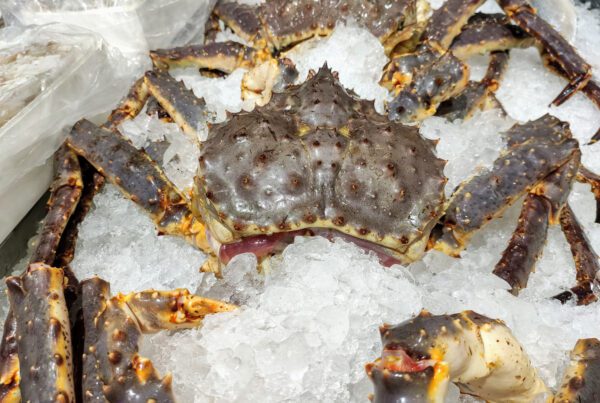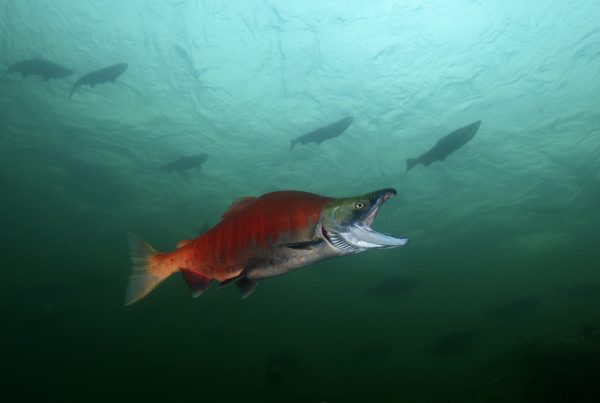The world of seafood is changing and blockchain will be a part of it. Shippers are working to develop a transparent supply chain using those QR codes as it reduces the opportunity for fraud and purposely calling lesser value fish a greater value species. Oceana, an advocacy group, estimates that twenty percent of all seafood is purposefully mislabeled. It happens all over the world and, for the most part, it has been reduced because of general public knowledge and increased awareness of the issue.
One of the biggest concerns that shippers have is in the transportation model where perishables are prone to warm up. The airline handling facility, the tarmac, the aircraft, the delivery and clearance side, all can create heat, that we eventually must reduce before we deliver the last mile. There is also the concern that blockchain will give temperature data off of the records held on the QR code so that a consumer can see temperature spikes. There will be more than just fish history and where it was processed and when on that QR code.
People want to know their fish was kept at optimal temps the entire time from Norway or Chile to the grocery store counter, but we know that will not always be the case. Will consumers not buy that piece of fish that might show a temp spike? Are we going to see blowback to air freight because temperatures cannot be completely controlled while the shipment is moving, outside of Envirotainers?
CFI takes our layered approach to our cool chain technology very seriously. By combining our unparalleled perishable logistics experience and a vast worldwide network of strategic partnerships, our state-of-the-art Cool Skies layers approach, and cutting edge coolant solutions, our dedication to protecting the temperature integrity of your perishable cargo is unmatched in the world. If you’re looking for a cool chain solution that provides consistent quality, contact your CFI representative for more information.



